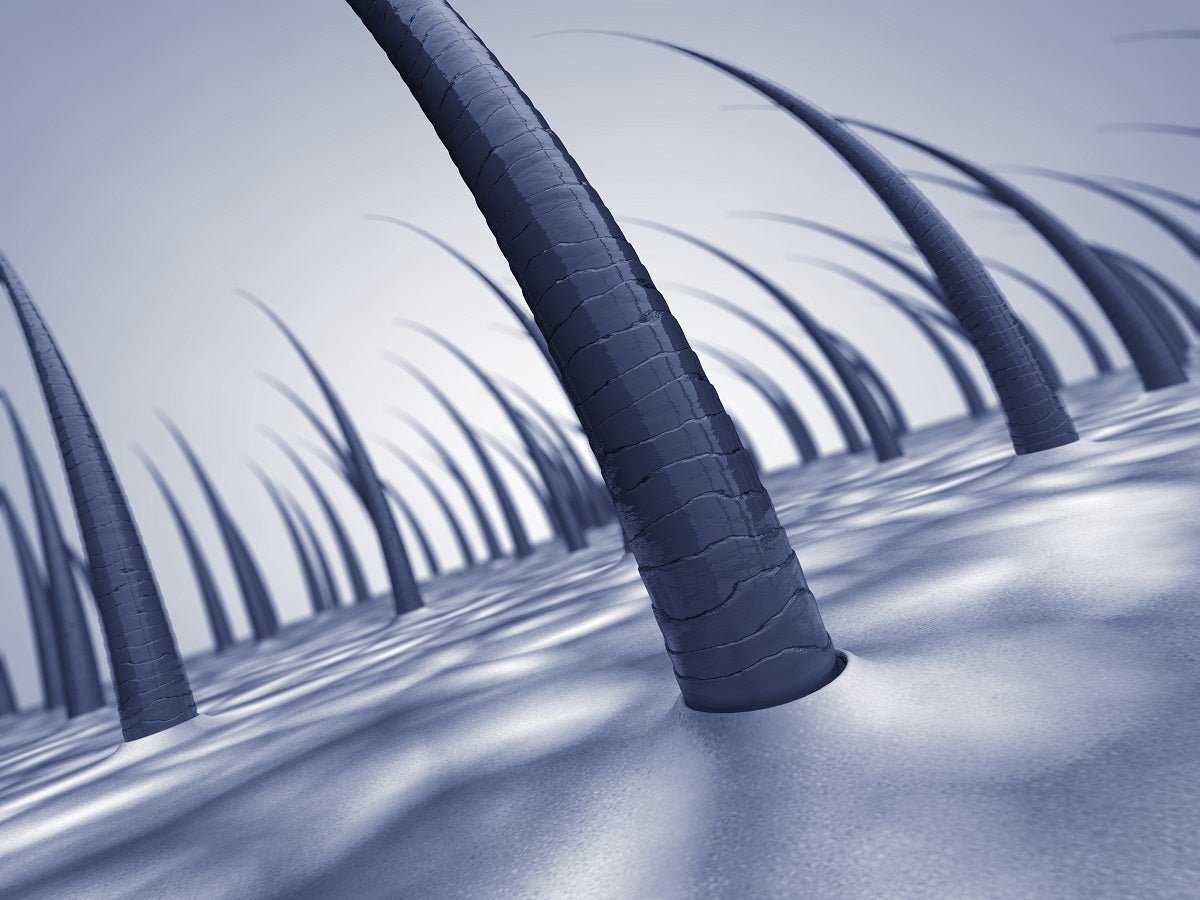


For those experiencing hair loss or thinning hair, the prospect of regrowing a full head of hair without transplants, medications, or other invasive procedures is undoubtedly an appealing one. Recently, laser caps for hair growth have emerged as a potential solution. But are they a safe option for most people?
Laser caps use low-level laser therapy (LLLT) to deliver therapeutic red and near-infrared light to the scalp. The light from the lasers can travel deep enough to reach the hair follicle roots underneath the scalp. But it doesn't go so deep that it damages any other tissue.
The light hitting the cells around the follicles helps wake them up from their sleepy state. The cells become more active and start producing more energy.
This helps energize the entire follicle. So existing hairs grow stronger. And shrunken or dormant follicles can spring back to life. The increased cellular activity also helps boost blood circulation around the follicles. This helps deliver more nutrients that feed growth.
The FDA has cleared several LLLT devices through the 510(k) Clearance l process, including caps from companies like Capillus. Capillus laser caps have received FDA clearance for treating hair loss in both men and women who suffer from androgenic alopecia and is backed by clinical trial data.
Companies can't just claim their new laser hair cap makes hair grow - they've got to prove it! Clinical trials put their claims to the test in a scientific manner. The outcome of these studies gives some credence in deciding whether these products are safe and can make a real difference.
A few controlled trials have been done to evaluate laser caps. The results look promising for this technology.
One such registered trial tested out the Capillus laser cap for 17 weeks. The subjects using this laser device saw over 50% more hair growth than at the start. The clinical studies so far have not raised any red flags or serious concerns about worrisome side effects. The laser light doses used did not harm the skin when proper safety guidelines were followed.
So the research indicates these laser caps are likely pretty safe when used as directed.
While more studies are always helpful, the existing evidence is a good start. It shows Capillus caps have been methodically tested for both safety and efficacy. The clinical trials to date suggest these laser therapy products can help bolster and regenerate hair in a safe, non-invasive way.
LLLT caps are widely considered safe for most users when appropriately utilized as directed since they employ low levels of red and infrared light.
Some potential but minor side effects have been reported, like brief scalp itching or tingling. A few people may also experience mild skin redness after treatment. These symptoms typically resolve quickly on their own.
Those with medical conditions or taking certain medications should consult their physician before using laser caps. It's also wise to avoid use while pregnant or breastfeeding until more safety research is done. Proper usage guidelines must be followed carefully. Overall, laser caps present a safe treatment option, especially when you compare them to certain hair loss medications or hair transplantation surgery.
While more research is ideal, current evidence suggests FDA-cleared laser caps come with little risk. But discussing options with your healthcare provider is advised if pregnant, breastfeeding, or have any other medical issues you might be concerned about.
Can Laser Caps Cause Hair Loss?
Dandruff vs. Dry Scalp: Understanding the Differences.